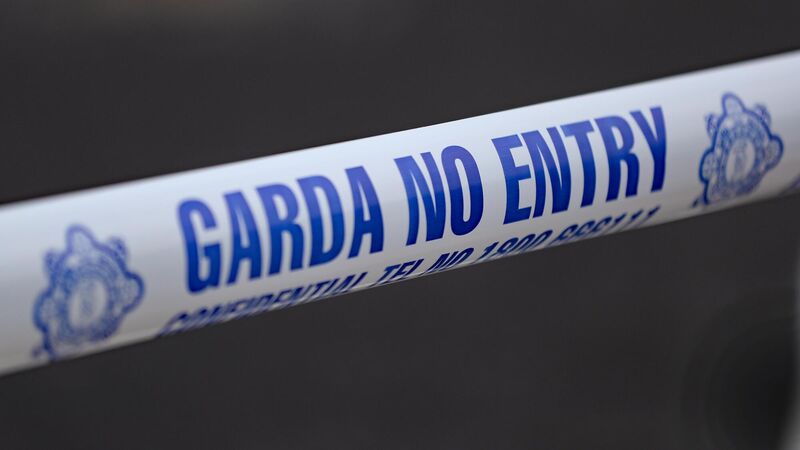Coroner's service 'biased, overly influenced by gardaí', finds damning report

The report found the relationship between coroners and gardaí is a 'matter of concern' when gardaí have an involvement in the death.
The coroner's service has been accused of being biased, overly influenced by gardaí and of accepting deaths of mothers in labour as "inevitable" in a damning new report on the service.
The report also claims the country's investigation of deaths is inadequate and compounds families' suffering and that reform of the system demanded by a working group in 2000 has still not happened 20 years later.










